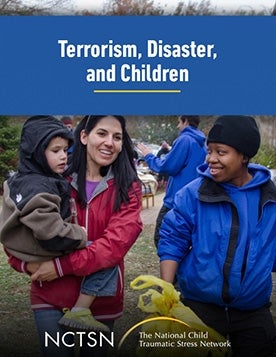
Research After Disasters: A 20-Year Retrospective
Presents findings from research data on the 1988 earthquake in Spitak, Armenia and makes references to other natural disasters.
The NCTSN has produced dozens of webinar series, comprised of virtual presentations by expert researchers and practitioners, on various topics in the field of child traumatic stress. Most webinars are from 60 to 90 minutes in length and are available for continuing education credit.

Presents findings from research data on the 1988 earthquake in Spitak, Armenia and makes references to other natural disasters.
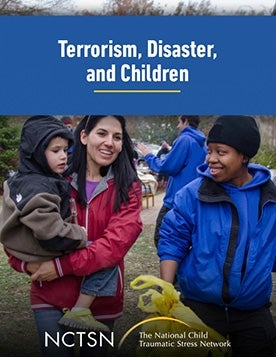
Summarizes the characteristics of community resilience and describes the Community Assessment of Resilience Tool (CART) as a mechanism for building community resilience, in addition to other strategies for building community resilience.
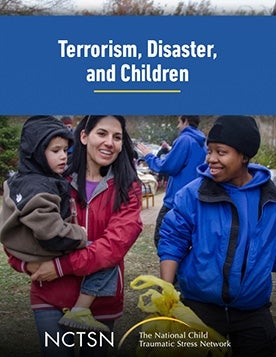
Discusses topics related to the impact of terrorism and disaster on children, as well as clinical issues such as assessment and treatment.
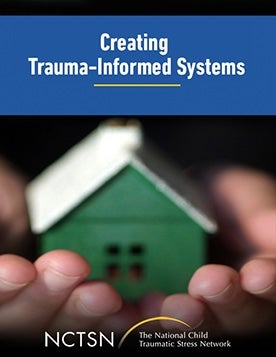
Focuses on describing and advocating for creating trauma-informed child-serving systems including juvenile justice, child welfare, healthcare, mental health, school, and law-enforcement.
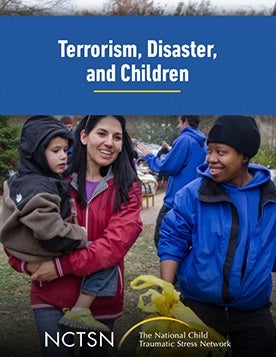
Provides information necessary to assess and treat PTSD in preschool children, school-aged children, and youth following a disaster. This webinar discuss developmental issues, parental issues, assessment, and treatment.
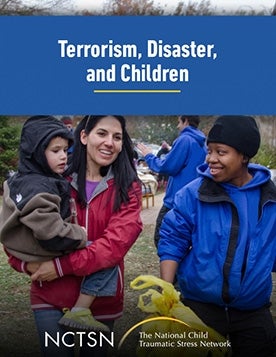
Provides a foundation for understanding children in disasters. This webinar discusses evaluation and treatment services for traumatized children, school support services, PFA in unusual situations, resilience, and vicarious trauma.
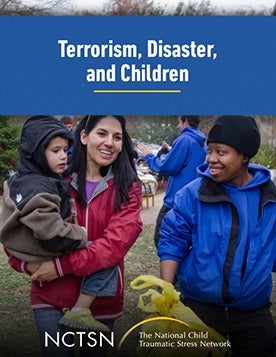
Provides an introduction to the history and importance of child and family disaster mental health. This webinar discusses the importance of how and where disaster services are provided.
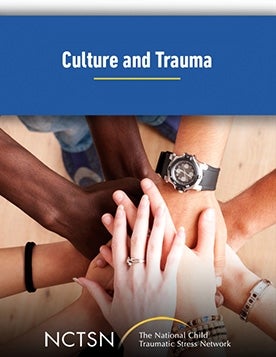
Discusses the trauma treatment needs of rural youth and families.
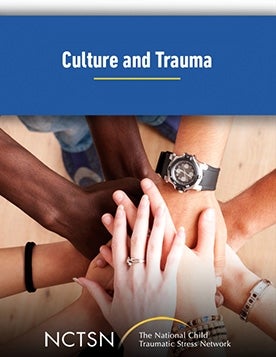
Discusses the special challenges of treating deaf and hard of hearing children, and the hearing children of deaf parents, who have been traumatized.
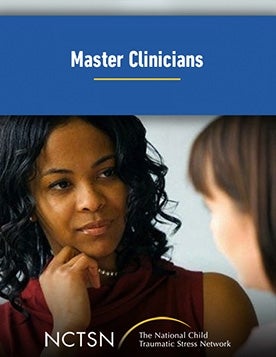
Addresses the treatment needs of adolescents who have experienced trauma and still find themselves in challenging situations.
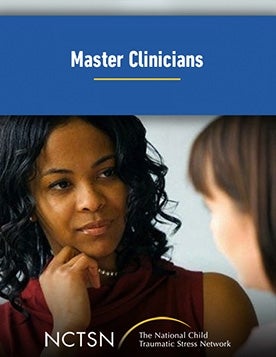
Defines trauma in the early years and discusses the sources of traumatic events. This webinar describes the impact of trauma on a child's early development and discusses the role caregivers play in a child's response to trauma, as well as treatment goals when treating both child and parent.
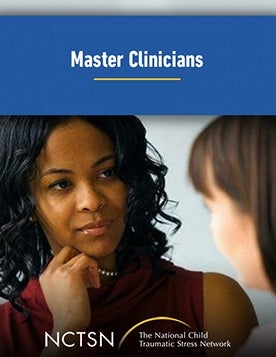
Synthesizes research and clinical knowledge about typical brain development and the high impact that the stress response has on the developing brain. This webinar highlights the clinical application for clinicians and other professionals who work with traumatized children.